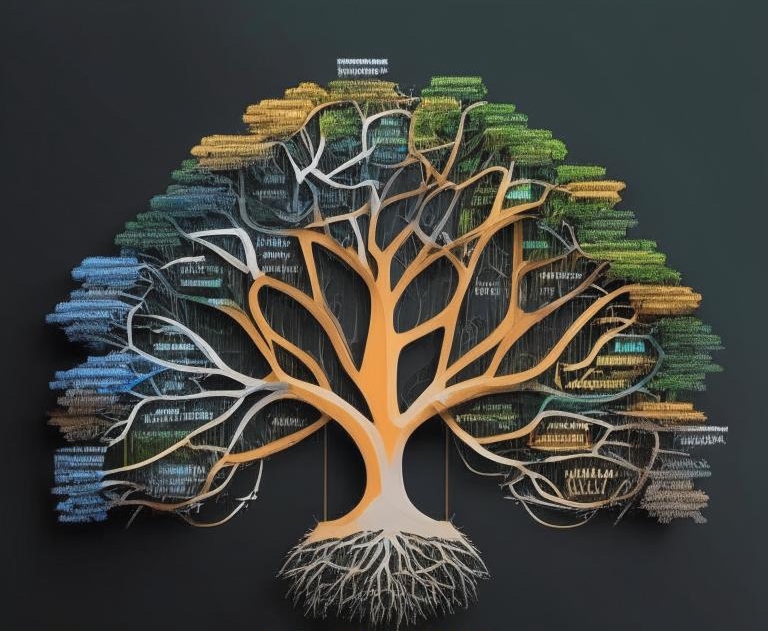Enterprise Systems
by Oleg Sovetnik
These systems include subcategories such as ERP, CRM, SCM, and BI, which provide resource management, supply chain management, customer relationship management, and data analytics. These systems typically involve numerous agents (system components) interacting at various organizational levels.
- ERP Systems (Enterprise Resource Planning): Systems for managing enterprise resources, including modules for financial, production, logistics, and human resource management.
- CRM Systems (Customer Relationship Management): Systems for managing customer relationships, tracking interactions, sales, and marketing efforts.
- SCM Systems (Supply Chain Management): Systems for managing supply chains, ensuring control over logistics and the movement of goods.
- BI Systems (Business Intelligence): Business intelligence systems that analyze large volumes of data to support decision-making processes.
Relevant Sociological Theories for Enterprise Systems:
- Structural Functionalism (Talcott Parsons)
Enterprise systems often function as complex organizational structures where each part of the system has its own function. For instance, in ERP systems, the human resources and financial management modules can be viewed as functional components that support the integrity of the entire system. Structural functionalism explains how different parts of a social system work together to maintain stability. In the context of programming, this theory helps conceptualize system modules as functional elements working in unison to achieve the enterprise’s overall goals.
Here, the umwelt describes how each system module perceives and processes data based on its functional role. For example, the CRM module may have a specific “perception” of customer data that differs from that of the financial analysis module.
- Social Action Theory (Max Weber)
Enterprise systems involve decision-making processes based on data and interactions with users (managers, customers). Weber’s social action theory explains how individuals make decisions based on social meanings and goals. In programming, this theory can help explain how software agents (modules) “act” based on received data and decisions within the system.
For each module, its “goals” and actions can be defined based on the data. For example, the CRM module would aim to improve customer interactions through the interpretation of purchasing data and preferences.
- Actor-Network Theory (ANT) (Bruno Latour)
ANT focuses on the interactions between actors—both people and technologies—creating a network of interactions where actors influence each other. This theory is useful for describing complex networks of interactions between corporate system modules, users, and external data.
In the context of ANT, each module can be seen as an “actor” interacting with other modules and users. For example, in an ERP system, the financial management module interacts with the production management module and receives data from external sources (such as banking systems).
For enterprise systems, structural functionalism is likely the most appropriate theory, as it provides a logical framework for describing how various system components interact to maintain stability and achieve common goals. This theory allows for building a hierarchy of interactions where each module performs a specific function within the overall system.
enterprise structural-functionalism social-action actor-network theory
